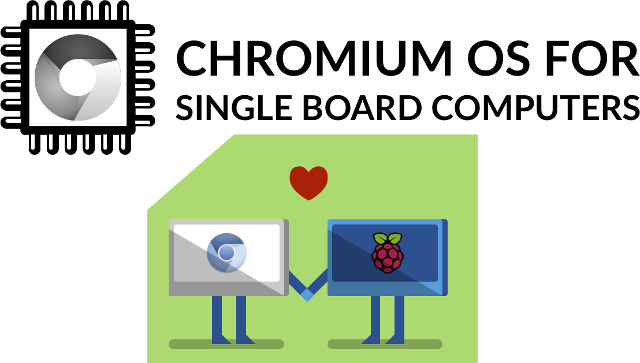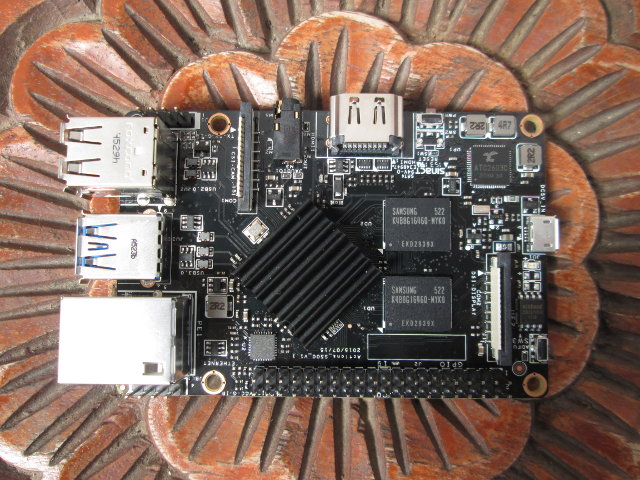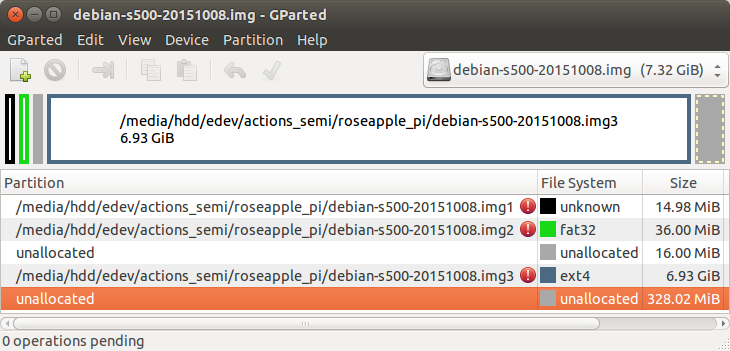A team of developer has come together last December in order to provide Chromium OS, the open source project which Chrome OS is based on, to single board computers such as Raspberry Pi boards. So far, they’ve provided Chromium OS images for Raspberry Pi 2 & 3, but more boards should be supported in the future. The latest version 0.5 release is said to be usable, but WiFi, Netflix, and HTML5 video are not working. The installation procedure is standard. You simply need to download and uncompress the archive (e.g. SamKinison_v0.5_Pi3_16GB.tar.xz), and dump it on a micro SD card with Win32DiskImage or dd. They have released different images for Raspberry Pi 2 & 3, and different SD card sizes (2GB and 16GB). Chromium OS is using 12 partitions, so that may be why they don’t provide a single image and resize the file system during the first time. You can […]
Linux Quick Start Guide for Roseapple Pi Board based on Actions Semi S500 Processor
Roseapple Pi is a development board powered by Actions Semi S500 processor with 2GB RAM, a USB 3.0 port and more, that is based on Actions Semi Bubblegum-S500 reference design also used by Lemon Pi board. The team behind the project sent me an early sample to try it out. I’ll take some pictures, before explaining how to install and setup Debian 8.1, and how to build and run your own minimal image from source. These instructions should also work for Lemon Pi and LeMaker Guitar boards. Roseapple Pi Photos I received the board in a bubble envelope with a thank you letter, and the board itself in an anti-static bag. No other accessories were provided. Ports, connectors, and headers from top left counter-clockwise: 4-pin UART console, two USB 2.0 ports, one USB 3.0 port, 10/100 Ethernet, a 40-pin Raspberry Pi comptabile header, a MIPI DSI connected, a micro USB […]
How to Reduce SD Card Firmware Images Download Size
So I’ve just received a Roseapple Pi board, and I finally managed to download Debian and Android images from Roseapple pi download page. It took me nearly 24 hours to be successful, as the Debian 8.1 image is nearly 2GB large and neither download links from Google Drive nor Baidu were reliable, so I had to try a few times, and after several failed attempt it work (morning is usually better). One way is to use better servers like Mega, at least in my experience, but another way to reduce download time and possibly bandwidth costs is to provide a smaller image, in this case not a minimal image, but an image with the same exact files and functionalities, but optimized for compression. I followed three main steps to reduce the firmware size from 2GB to 1.5GB in a computer running Ubuntu 14.04, but other Linux operating systems should also […]





